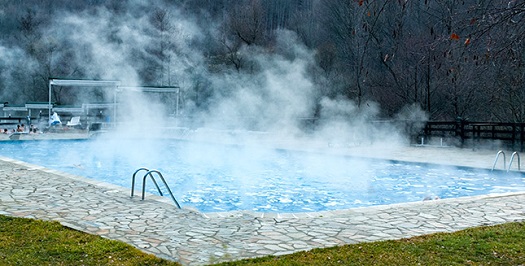There are basically two types of pool heaters – gas and electric pool heater in Dubai. Gas pool heaters (often called “open-top” heaters) use propane or natural gas as the main source of heat and energy. Electric heaters (sometimes also called “high-efficiency” heaters) utilize electricity for the same purpose but use a different method for delivering the heat to the pool. Both types have pros and cons.
Pros and Cons of Gas Pool Heaters:
Naturally, gas pool heaters tend to be much more efficient than electric heaters, both in terms of how much energy they consume and how much heat they can produce over time. Gas also burns cleaner, meaning that there is little risk of chemicals or combustibles leaking out into your pool water. Additionally, the gas heater can run on a variety of fuels, including coal and oil. However, a gas heater does need to periodically be refuelled with gas. If it happens to run out of gas while it’s heating up your pool, it can take hours or even days for the pool to be heated back up.
Pros and Cons of Electric Pool Heaters:
Electric pool heaters work in much the same way – electricity heats the water, which then passes through a heating element (usually a coil) to raise the temperature of the pool water. Again, the electricity used must be rerouted to outlets where it can be used for heating purposes. This means that electric pool heaters can be run on a variety of fuels – coal and oil are commonly used, but you can get a system that operates off of solar or even wind power. The biggest downside to using an electric heater is that it can be difficult to keep the temperatures at desirable levels. If you live in an area where winter is particularly cold, it can make the difference between an enjoyable swimming experience and freezing cold water in your pool. Also, keep away this pool heater from artificial grass in Dubai.
Pros and Cons of Heat Exchangers:
A third type of pool heater is a gas-powered heater called the heat exchanger. A heat exchanger pool heater is more similar to a vaporizer than to a pool heater. It uses gas or some other source of heat (such as oil) to melt the pool water and then inject that water into the pool’s heating system.
Pros and Cons of Solar-Powered Heater:
The final type of pool heater is the solar-powered heater. The principle of this heater is that it takes energy from the sun and converts it into energy useful to your pool. They work best in sunny climates and tend to come with longer warranties than other types of pool heater because they are designed to be more efficient at generating energy.
